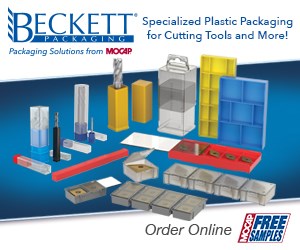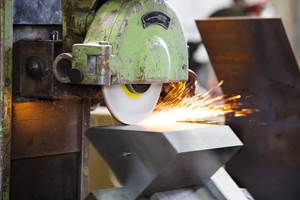Don’t Expect Others To Know What You Know
We accumulate knowledge every day. While something we’ve just learned is still new, we tend to think about it more. We doubt whether we truly understand it, so until we do, we’re extra careful. However, as time goes on we eventually stop doubting and become confident through positive experience that we thoroughly understand what we’ve learned.
The longer people work for a company, the more they tend to take for granted what they know about it, its processes and what needs to be done to complete jobs. Many people forget what it took to get where they are, and they can do just about anything without needing help. Several years of accumulating knowledge in this fashion can lead to the ability to do almost anything without having to think much.
While accumulating knowledge is a good thing, it can lead to unfair expectations when it comes to what is expected of others—especially newcomers. As a person of responsibility, you must be careful not to expect others to know what you know or to be able to do what you do—at least not without having the same experiences and opportunities that you have had.
A person’s general personality and outlook has a lot to do with the potential for problems in this regard. Some people are simply more patient and understanding than others. This, in turn, makes them easier to deal with. Conversely, other people are not so patient and understanding. This makes them more difficult to work with.
While these tendencies are easy to recognize, this whole topic is pretty relative. No one likes to think that they are difficult to work with, so we seldom recognize this negative tendency in ourselves.
So what does this have to do with the CNC environment? Admittedly, much of this relates more to a person’s personality than to the CNC environment. Understanding our tendency for unrealistic expectations of others can lead to making some dramatic improvements in the CNC environment.
When you come across a specific task that someone is struggling with, remember back to the time when you had the same problem. Try to remember what it took to overcome it. Armed with this knowledge, you will be able to simplify the effort required to master the task for others. Consider these examples:
• Procedures. Whenever a person must learn a new task, specific procedures almost always help. Even something as basic as turning on a machine can be simplified with a step-by-step procedure. Without this, the person trying to master the task will be left completely on their own to figure out a solution. While they will eventually develop a workable method, it may not be the way you want the task to be performed. If you provide a procedure, the person learning the task will master it more quickly, and they will do things in the way you want them done.
• Unwritten rules. There’s probably a lot your company takes for granted when it comes to the people responsible for CNC machines. Many companies have unwritten rules that dictate how certain things are done. You may expect, for example, that all CNC people know how to determine which offsets are related to a given cutting tool. You’ve been working with this method for so long that you can’t even imagine another way of doing it. However, newcomers, and even people experienced with other methods, will not know what you expect or why you do things the way you do. Be sure to document and explain all the unwritten rules your company uses.
• Company slang. Almost every company has developed special lingo for certain facets of the company. It can be very difficult to understand even very basic discussions when the lingo is used.
One example of this includes numbers used to specify departments. The number 401 may be used to designate a given cell or department. If a newcomer hears you say, “Parts coming from 401 need re-work,” does he or she know what you mean?
Another example of company slang includes product codes or unrecognizable product names. Many companies use special names or numbers to refer to products or workpieces they make. Even experienced CNC people may not know these codes if they are new to your company.
Make sure to explain this special set of terms to newcomers as part of their orientation to your company.
• Special training. Many companies provide in-plant training classes on important topics or send their people to outside classes to learn more. If you’ve attended any of these classes, it would be unfair to expect someone who has not to know what you learned.
Related Content
Threading On A Lathe
The right choices in tooling and technique can optimize the thread turning process.
Read More8 Ways to Increase Productivity on the Manufacturing Floor
When it comes to machine shop productivity, continuous improvement depends on efficient employees, equipment and processes.
Read MoreChoosing The Right Grinding Wheel
Understanding grinding wheel fundamentals will help you choose the right wheel for the job.
Read More10 Tips for Titanium
Simple process considerations can increase your productivity in milling titanium alloys.
Read MoreRead Next
3 Mistakes That Cause CNC Programs to Fail
Despite enhancements to manufacturing technology, there are still issues today that can cause programs to fail. These failures can cause lost time, scrapped parts, damaged machines and even injured operators.
Read MoreThe Cut Scene: The Finer Details of Large-Format Machining
Small details and features can have an outsized impact on large parts, such as Barbco’s collapsible utility drill head.
Read More
.jpg;width=70;height=70;mode=crop)










.png;maxWidth=300;quality=90)











